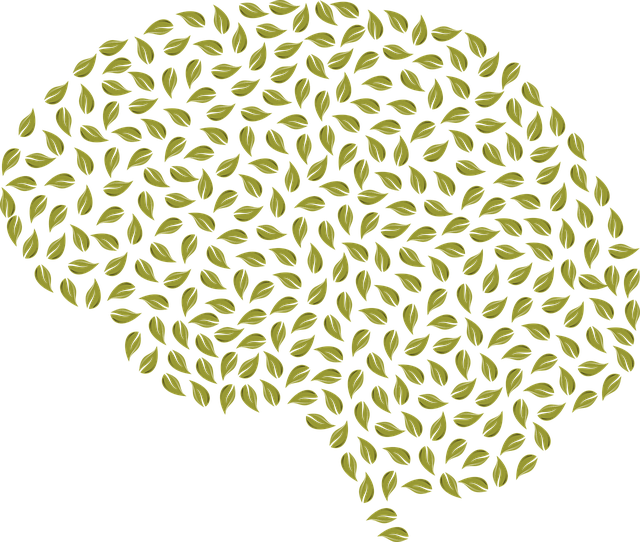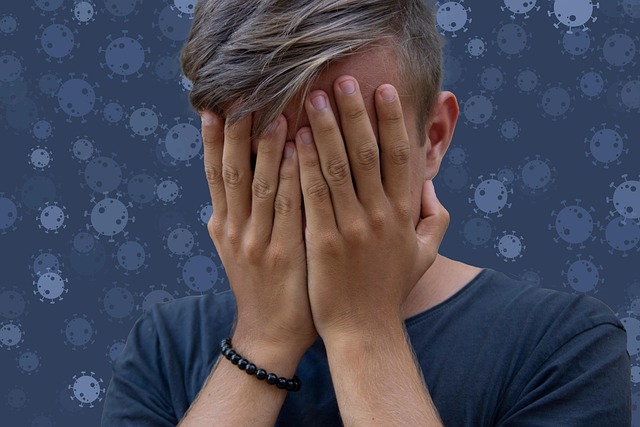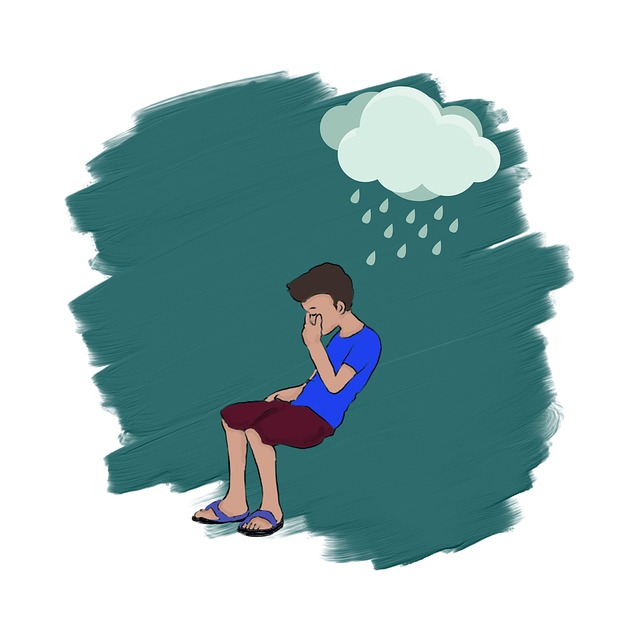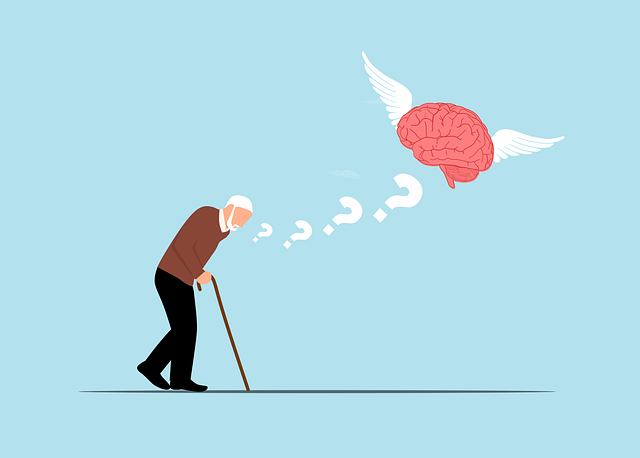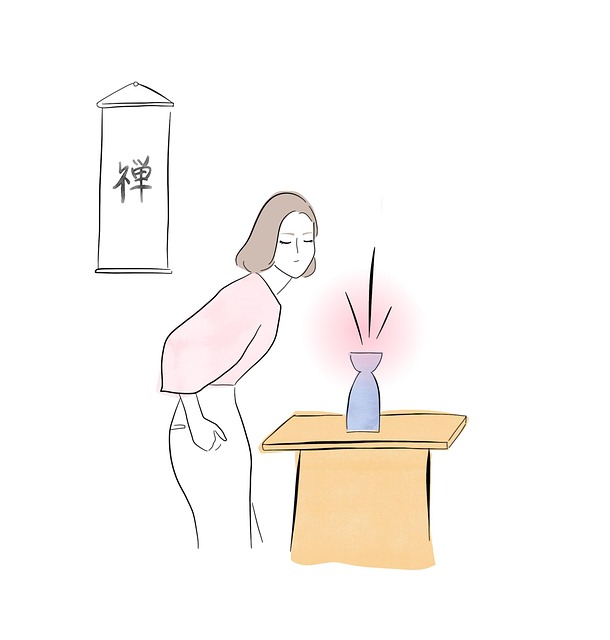针对讲汉语的中青年的心理健康,提供专业的心理治疗和文化敏感的自护支持至关重要。他们面临独特的压力,包括学业、文化适应和家庭期望。心理健康教练项目和日常自我护理习惯帮助培养自慈心、应对策略和复原力。克服语言障碍和精神疾病污名是关键,通过减轻污名、提供本地化资源和实施职业倦怠预防措施,增强青少年自我照顾能力,促进心理健康与幸福感。定期治疗和社区支持为讲汉语的中青年的独特需求量身定制,实现整体精神健康的提升。
In today’s fast-paced world, self-care practices are more vital than ever for adolescent teens, especially within the Mandarin Chinese speaking community. This comprehensive guide explores the unique challenges and needs of these individuals. We delve into the role of therapy in enhancing their well-being, offering evidence-based strategies for incorporating daily self-care routines. Additionally, we address cultural barriers to self-care and highlight the long-term benefits of improvement, providing a roadmap for success among Asian teenagers seeking therapy for better mental health management.
- Understanding Adolescent Teens' Self-Care Needs in the Mandarin Chinese Speaking Community
- The Role of Therapy in Enhancing Self-Care for Asian Teenagers
- Strategies for Incorporating Daily Self-Care Routines
- Overcoming Cultural Barriers to Self-Care Practices
- Long-term Benefits and Measuring Success in Self-Care Improvement
Understanding Adolescent Teens' Self-Care Needs in the Mandarin Chinese Speaking Community

In the Mandarin Chinese speaking community, understanding the unique self-care needs of adolescent teens is paramount to their overall well-being. This demographic often faces cultural and societal pressures that can significantly impact their mental health. With rising stress levels from academic expectations and a growing awareness of mental health issues, there’s a crucial need for tailored support. Therapy for adolescent teens in this community can play a pivotal role in addressing these challenges.
Through specialized therapy sessions, professionals can offer guidance on managing stress, improving communication skills, and fostering self-acceptance. Boosting confidence and teaching effective coping mechanisms are essential strategies to prevent burnout among Mandarin-speaking teens. By incorporating cultural sensitivity into mental health practices, we can ensure that adolescents receive holistic care tailored to their linguistic and socio-cultural backgrounds, thereby promoting better Mental Health Awareness.
The Role of Therapy in Enhancing Self-Care for Asian Teenagers

对于亚裔青少年来说,寻求心理治疗是提升自我照顾实践的重要手段。许多年轻人可能面临文化适应、学业压力和家庭期望等独特的挑战,这些因素可能影响他们的心理健康和自我认知。通过专业的治疗,青少年可以获得一个安全、无评判的空间来探索和处理这些问题。
心理治疗为亚洲青少年提供了一种有效的方法,帮助他们培养自慈心、增强自我价值感,并发展应对策略。例如, compassion cultivation practices(慈悲培养实践)在治疗中越来越受到重视,它鼓励个人以温和和理解对待自己,这对建立健康的自我形象至关重要。此外,Mental Wellness Coaching Programs Development(心理健康教练项目发展)可以提供个性化的指导,帮助青少年设定目标并采取措施改善他们的生活质量和自尊心。这些实践相结合,为亚裔青少年提供全面的支持,促进他们的心理复原力和整体幸福感。
Strategies for Incorporating Daily Self-Care Routines

建立日常自我护理习惯对青少年,尤其是讲汉语的人来说,是至关重要的。首先,将自我护理融入日常生活的关键在于设定可实现的目标。可以从简单的开始,比如每天花15分钟进行冥想或深呼吸练习。随着时间推移,逐渐增加到更全面的活动,如定期运动、健康饮食和充足睡眠。社区外展计划也可以发挥重要作用,通过参与团体活动或寻找支持系统,青少年能够学会与他人建立联系,这对于他们的心理健康至关重要。
此外,培养同理心是自我护理旅程中不可忽视的一步。通过学习倾听和理解他人的感受,青少年可以更好地管理自己的情绪,减少压力感。专业的青少年心理治疗也为讲汉语的人提供了宝贵的支持,帮助他们应对现代生活中的挑战,预防职业倦怠,并培养更健康的生活方式。这些策略共同构成了一个全面的自我护理框架,让青少年能够在忙碌的生活中找到平衡,促进身心健康的发展。
Overcoming Cultural Barriers to Self-Care Practices

In many communities, cultural barriers can hinder adolescents from embracing and practicing self-care effectively. For Mandarin Chinese speaking teens, language access plays a significant role in their ability to seek support. Barriers such as limited mental health resources in their native language or fear of judgment due to stigma associated with mental illness can deter them from engaging in therapy. Overcoming these obstacles requires targeted stigma reduction efforts and increased accessibility of therapy for adolescent teens Mandarin Chinese speaking.
Integrating resilience-building activities tailored to cultural nuances can help navigate these challenges. By fostering a supportive environment, encouraging open conversations about emotional well-being, and providing resources in their native language, communities can empower young individuals to prioritize self-care. Additionally, burnout prevention strategies that acknowledge and address the unique pressures these teens face are essential for holistic mental health support.
Long-term Benefits and Measuring Success in Self-Care Improvement

Engaging in self-care practices not only offers immediate relief but also fosters long-term mental health resilience. For adolescent teens speaking Mandarin Chinese, integrating therapy into their self-care routines can be transformative. Professional therapy sessions provide safe spaces to explore emotions, understand and manage stress, and develop coping mechanisms tailored to individual needs. Over time, this translates to improved emotional regulation, enhanced ability to cope with challenges, and better overall mental wellness.
Measuring success in self-care improvement is a personal journey. Some individuals track their progress through regular Mental Wellness Journaling Exercises, documenting moods, thoughts, and behaviors. Others prefer tracking milestones in their Self-Care Routine Development, such as consistent meditation or exercise sessions. Ultimately, success lies in the individual’s sense of well-being and happiness. Reduction of mental illness stigma through self-care initiatives further encourages open conversations about mental health, fostering supportive communities for adolescents navigating their emotional journeys.
In addressing the self-care needs of adolescent teens in the Mandarin Chinese speaking community, understanding cultural nuances is key. The article has explored various strategies, from therapy’s role in enhancing self-care to incorporating daily routines, while overcoming cultural barriers. By recognizing the long-term benefits and implementing effective practices, we can empower Asian teenagers to thrive. For parents and caregiving professionals, integrating these insights into their support systems will foster healthier, more resilient individuals, ultimately leading to improved well-being and success. This includes considering tailored approaches in therapy for adolescent teens Mandarin Chinese speaking backgrounds, to create a positive impact that resonates within their unique cultural context.
